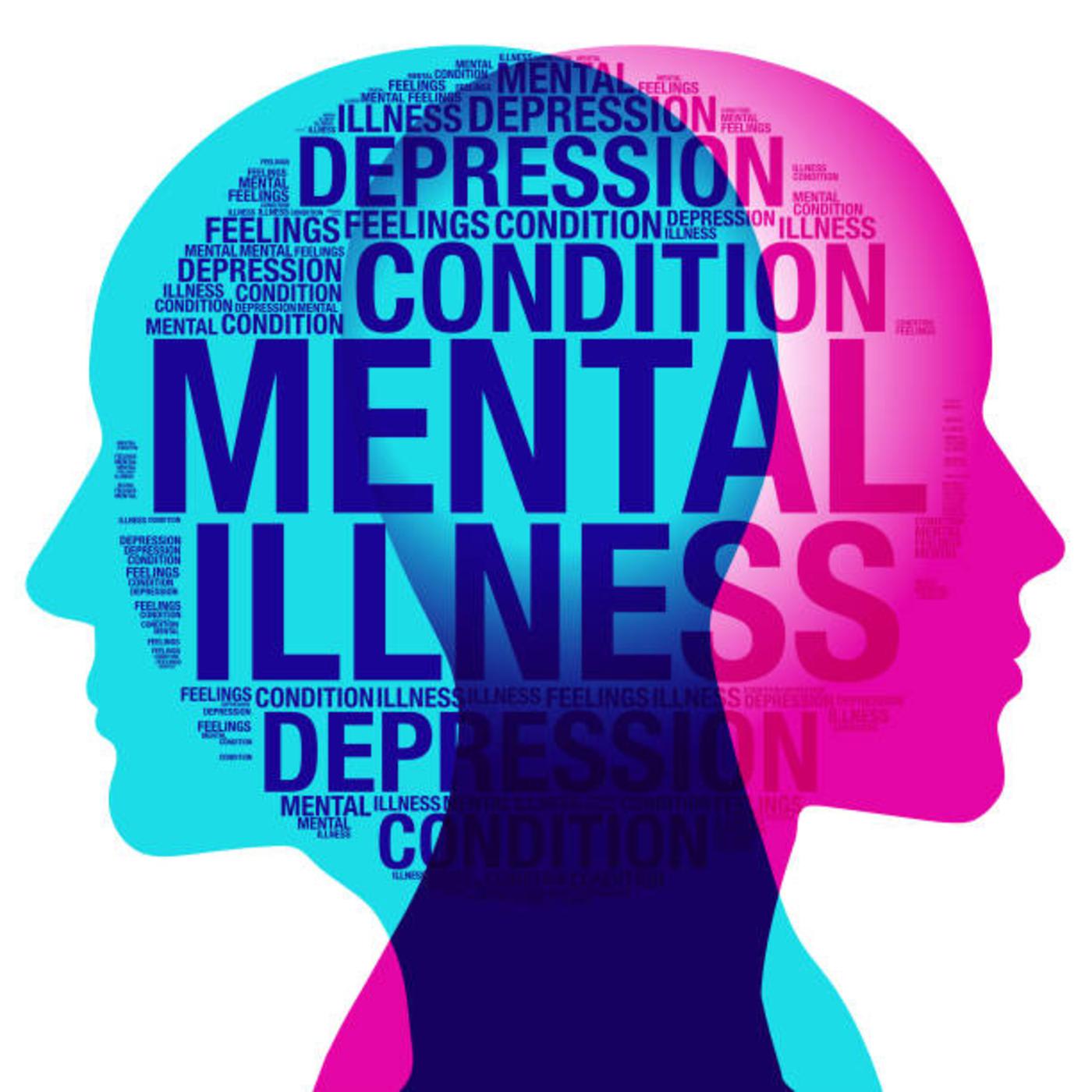As a registered nurse with years of enjoy in various healthcare settings, I’ve seen firsthand how intellectual health issues can impact people from all walks of life. In today’s rapid-paced, hyper-connected international brings precise challenges, and expertise those challenges is the first step towards better mental health. allow’s delve into why mental fitness subjects, how to understand problems early, and ways to manipulate and enhance your mental well-being.
Understanding Mental Health:
Mental health is an integral part of our overall health. It influences how we think, feel, and behave in daily life. It also affects how we handle stress, relate to others, and make choices. For many young people, mental health issues manifest during adolescence and early adulthood. Recognizing early signs and symptoms is crucial in seeking timely help and managing these conditions effectively.
Recognizing Signs of Struggle
Mental health issues can present differently in everyone, but there are common signs that might indicate a need for further attention. These can include:
- Persistent sadness or low mood that doesn’t seem to go away.
- Excessive worries or fears that interfere with daily activities.
- Extreme mood changes, including uncontrollable “highs” or feelings of euphoria.
- Withdrawal from social activities and isolation from friends and family.
- Changes in eating or sleeping habits, such as getting too much or not enough of either.
- Decreased ability to concentrate on tasks at school or work.
If you or someone you know is experiencing these symptoms, it’s important to reach out for professional help. Early intervention can significantly improve the management of mental health issues.
Tips for Managing and Improving Mental Health
As a nurse, I recommend several strategies to help manage and potentially improve your mental health:
- Stay Connected: Keeping in touch with friends and family is crucial. Social support is a vital part of dealing with stress and emotional distress.
- Regular Exercise: Physical activity releases chemicals in your brain that make you feel good. Regular exercise can positively affect depression, anxiety, and more.
- Balanced Diet: Eating a balanced diet can help you feel better, think clearer, and improve your mood.
- Adequate Sleep: Sleep affects your mood. Poor sleep can increase stress, anxiety, and depression, so it’s important to get a good night’s sleep.
- Mindfulness and Relaxation Techniques: Practices like meditation, yoga, and deep-breathing exercises can reduce stress and improve your overall mental well-being.
Accessing Resources
Knowing where to find help can be a game-changer. Many schools and colleges offer resources through counseling centers. Additionally, there are numerous online platforms that provide access to mental health services, including therapy and counseling.
Ending the Stigma
One of the most important aspects of improving mental health awareness and care is reducing the stigma. Speaking openly about mental health can foster a more supportive environment. As young people sharing your experiences, advocating for mental health awareness, and supporting each other, you can lead the change in breaking down these barriers.
Conclusion
Mental health is a critical component of your well-being. Just like physical health, it needs attention and care. As a nurse, I see the impact of proactive mental health management daily and the difference it makes in my patients’ lives. Remember, it’s okay to ask for help, and it’s important to take care of your mental health with the same seriousness as your physical health. You’re not alone, and there are many resources and strategies to support you along the way. Let’s continue this conversation and ensure mental wellness for all.



